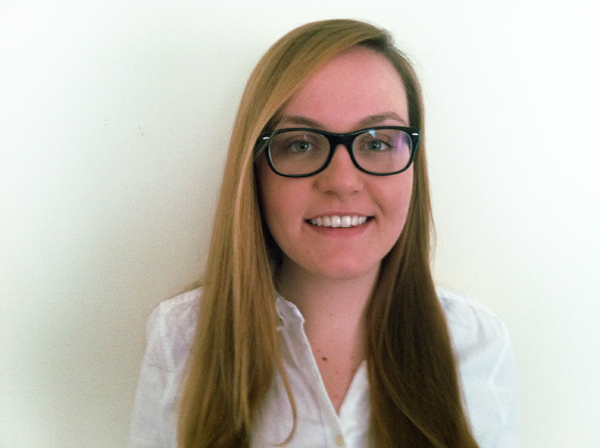
 History Professor Michael Vargas has known fourth-year student Julia Vogel to be an excellent presenter.
History Professor Michael Vargas has known fourth-year student Julia Vogel to be an excellent presenter.
“[She has] a real wisdom about what will tickle the attention of her listeners,” Vargas said.
The final hurdle to Vogel’s acceptance into the Teach for America program was an interview.
It consisted of a five-minute presentation, Vargas said.
In January, Vogel was notified of her placement, teaching math in the Dallas-Fort Worth metroplex.
Teach for America, conceived in founder Wendy Kopp’s 1989 Princeton University thesis, works to expand educational opportunity. They recruit college graduates to make a two-year commitment to teaching in a low income community, according to the organization’s website.
The organization began in 1990 with 500 people in six locations and now works in 46 communities and sends 8,200 teachers across the country, according to their website.
Vogel was introduced to Teach for America through a traveling education consultant for her sorority Alpha Epsilon Phi.
“I decided to apply because I believe every child deserves the best education possible, regardless of where they live,” Vogel said. “Education is the only way to begin to level the playing field for children and I wanted to be involved in a nation-wide movement working to do just that.”
Vogel will be one of 330 “corps” sent to Dallas-Fort Worth schools this year as part of the program. Teach for America lists the Dallas-Fort Worth area as one of five “high priority” regions.
According to a report by the Metro Dallas Homeless Alliance, of 157,000 students in the Dallas Independent School District (ISD), 2,750 were homeless as of January 2012.
Vogel, a Staten Island native, was aware of the onerous task working in a struggling district like Dallas’ would present. She saw it as an opportunity to help create improvement.
“After reading up on the high priority regions, I was really inspired to list at least a few of them as preferred areas,” she said. “There is so much room to make a difference in students’ lives in these [high priority] areas and I wanted to go somewhere I could have the greatest impact.”
Vogel is waiting on her specific school assignment, but knows she will teach math between grades eight and 12. Vogel said she is interested in continuing her commitment past the two years.
“Beyond those two years, it is a lifelong promise to advocate for equal educational opportunities for all students, whether you choose to stay in the classroom or not.”
